Starting your own garden is something that take time and patience to build. We started a garden the first year that we bought our house. Honestly, we didn’t have any idea what we were doing, but we have learned a lot over the last few years. So I put together a few vegetable garden tips to help some beginners that I hope you find helpful!
Before you begin your garden, make sure to check out my post on raised garden bed ideas. The size of your garden should be manageable and the appropriate size for what you want to grow. If you haven’t already made your garden, you will want to pick the ideal location. You will want plenty of sunlight during the day. Consider the dynamics of your garden before you decide what vegetables you want to plant. If you don’t have a deep garden, you will have a hard time planting vegetables with deep roots. These are just a few things to consider before you start your first garden.
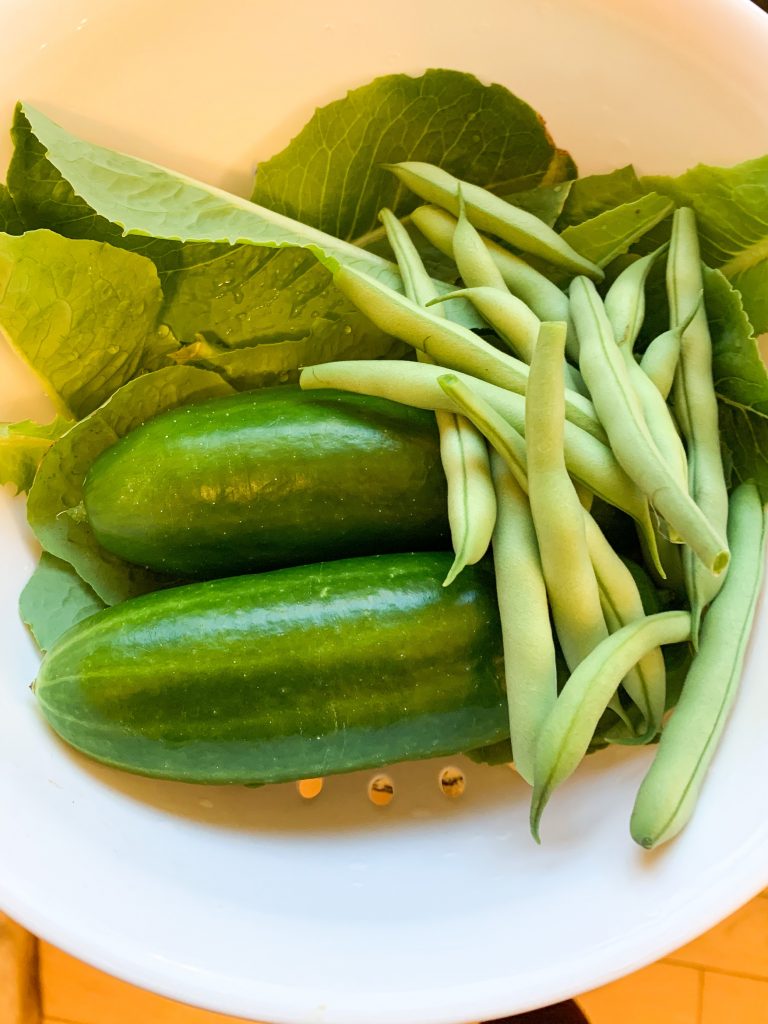
Adding Compost
Adding compost to your soil adds nutrients that your plants will need to grow and thrive. You can get organic compost, compile your own compost or animal manure compost. However, don’t make the mistake we did and plant your seeds directly after adding your compost. The compost or manure can be pretty potent and can actually “burn” your seeds before they ever get a chance to grow. I recommend adding in your compost and mixing it well two to three weeks before planting your seeds.
Getting Even Rows
It can be tricky to decide on the layout of your garden. You want to be strategic to avoid over lap and overgrowth. One of the simple ways we keep our garden organized, is by planting our seeds in straight even rows. To get even rows, all you need are some small wooden steaks (or sticks), string and a small spade. Tie your string to the top of one steak and place it in the ground where you want your row to start. Then, run the string along the width of the garden and tie it to the top of the steak on the other side. You can gage from here whether your row is straight and move your steak if needed. Then use your spade to dig your row along the string line.
Keep Out the Weeds
Weeding the garden is my least favorite part of growing vegetables. This year, we decided to use gardening fabric to help keep out the weeds. This is the same material that is in the bottom of our garden beds. It is lightweight, but woven tight enough so weeds can’t come through. Before we planted our garden, we covered the top of the entire garden with the fabric. Then, we used rocks around the edges to hold it down. When we were ready to plant the seeds, we cut open the fabric where we wanted our rows. If we were planting single seeds, we used a lighter to burn a hole in the fabric. It has worked out really well, and no weeding!
Protect your Baby Plants
When you plant a garden early in Maine, you run the risk of it all being killed by frost. One way that I protect my baby plants is to cover them with empty milk jugs. Just grab a couple of empty milk jugs or two liter bottles and cut off the bottom. Then place it over the top of your plants at night. This makes the perfect little covering for your baby plants. You can also use milk jugs to hold in moisture and heat to help your little plants grow.
Support your Viney Plants
We love to grow peas and green beans, mostly because my dog likes to eat them. I typically plant them in one end of my garden because they get out of control. Planting them on the end gives them the most room to grow and spread. Once they reach a certain length, I put in a small fence so they can grow up instead of out. To build this fence we just used steaks that we had in our garage, some chicken wire and bread ties. This simple fence helps your peas grow and makes them easier to pick!
Keep out Bugs and Slugs
Our backyard is pretty wet in the spring time and takes months to dry out. So, we end up getting a few slugs that make their way into our garden. My mother told me about a trick she used to use to keep the slugs away. She used to put beer in a small bowl in her garden. Make sure that the bowl is shallow enough for the slugs to crawl into. I am not sure if this works for all kinds of slugs, but if you have a slug problem, it is worth a try!
Water, Water, Water
This is probably a very obvious gardening tip that a beginner would already know, but it is really important, especially when your plants are small. Using an automatic watering system or a sprinkler is an easy way to water your plants. Once they are grown, you want to focus on getting the water at the root.
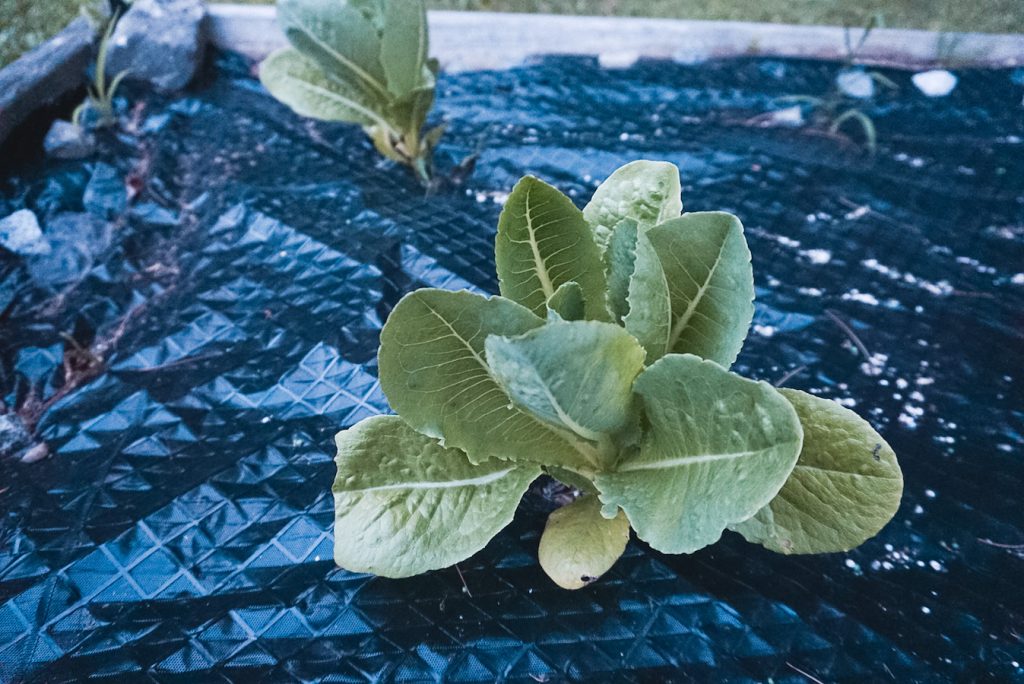
I hope you found a few of theses vegetable garden tips for beginners helpful. I would love to hear about what tips you all have about your vegetable gardens!
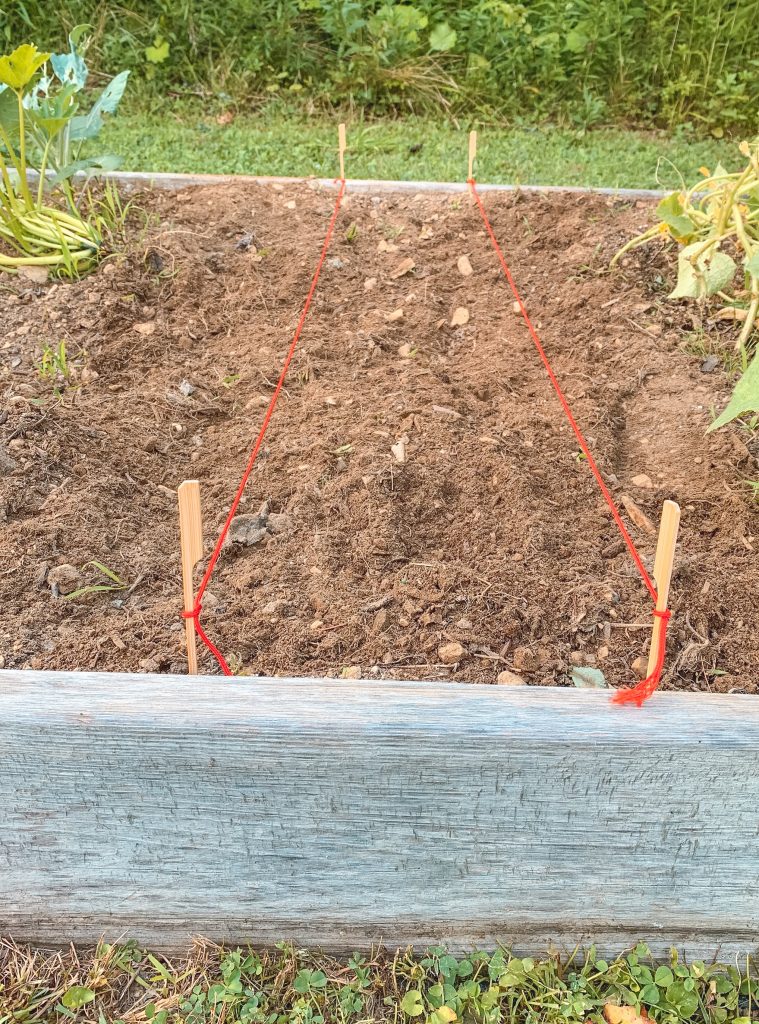
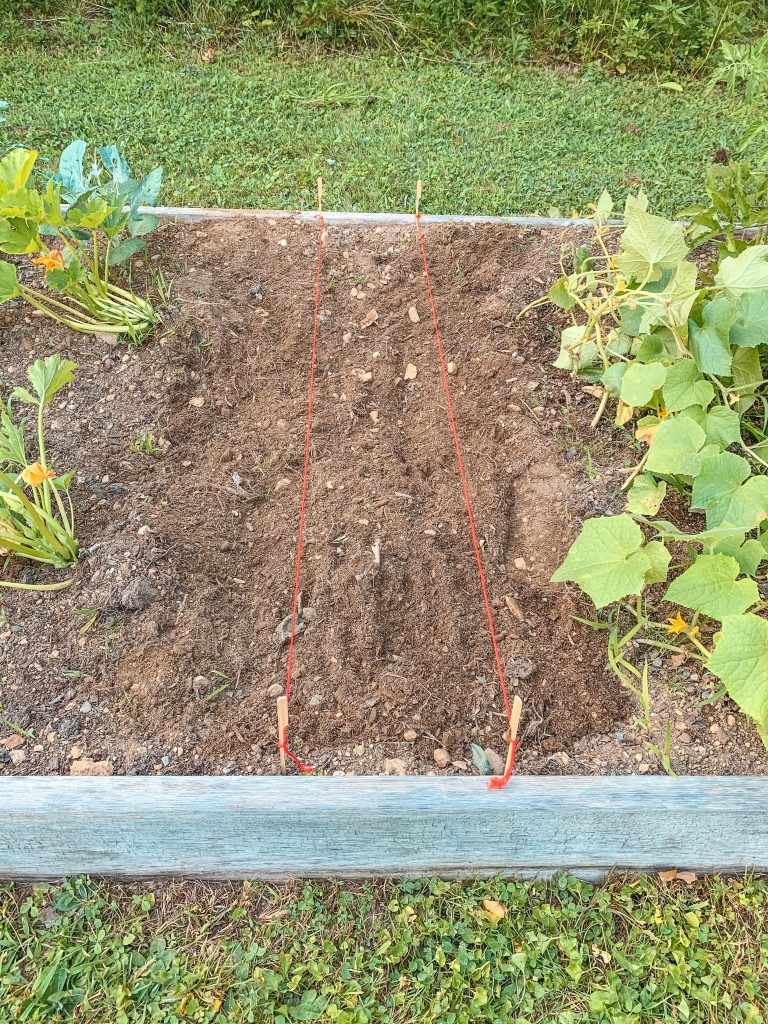
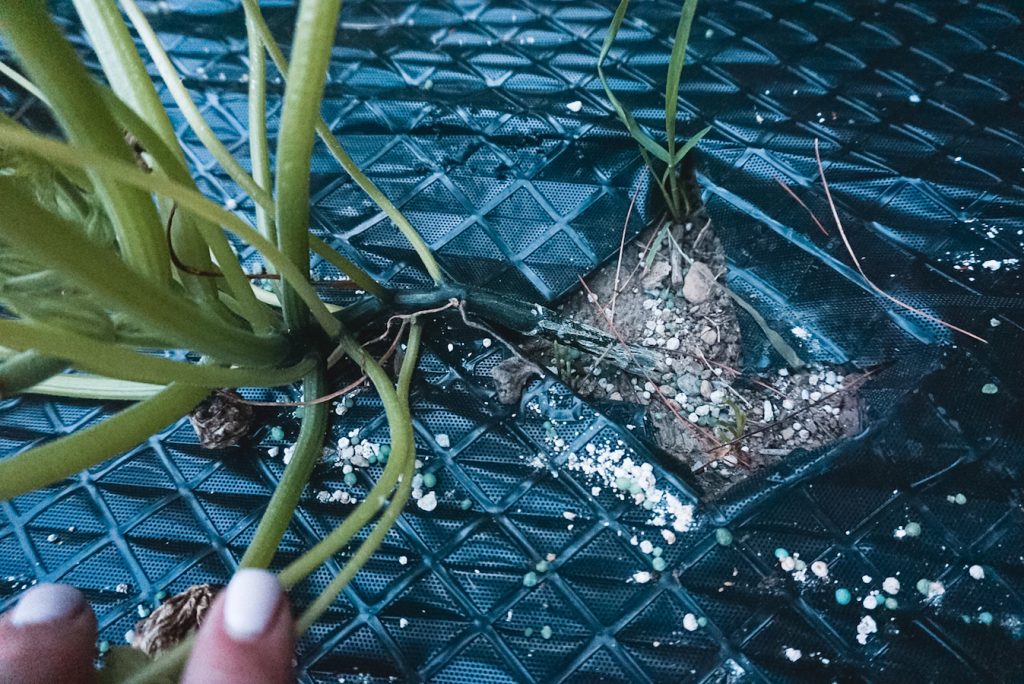
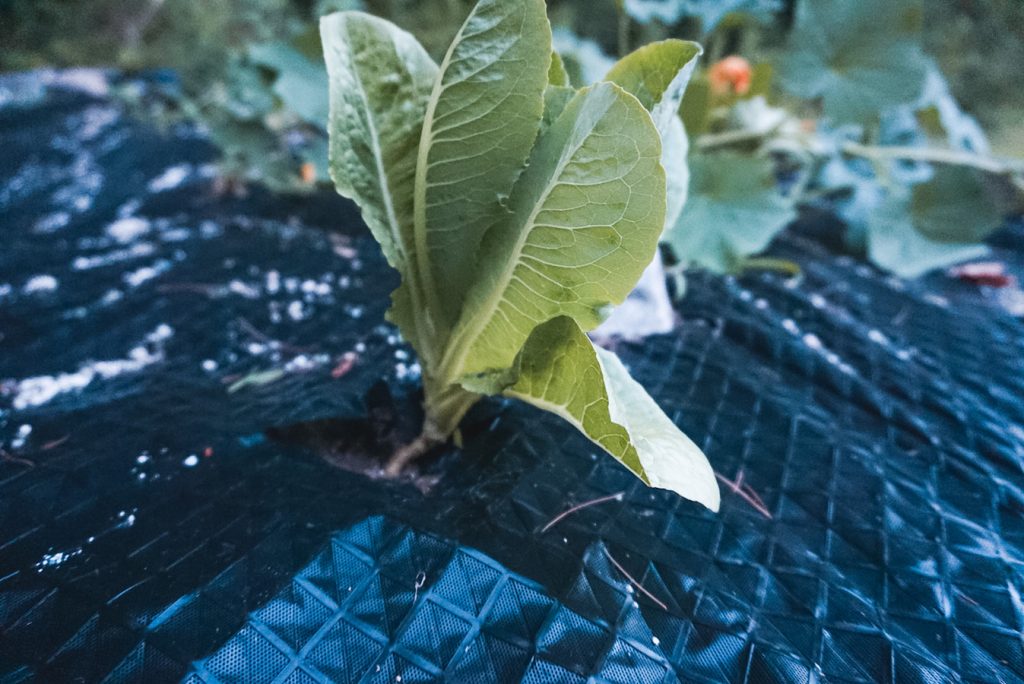
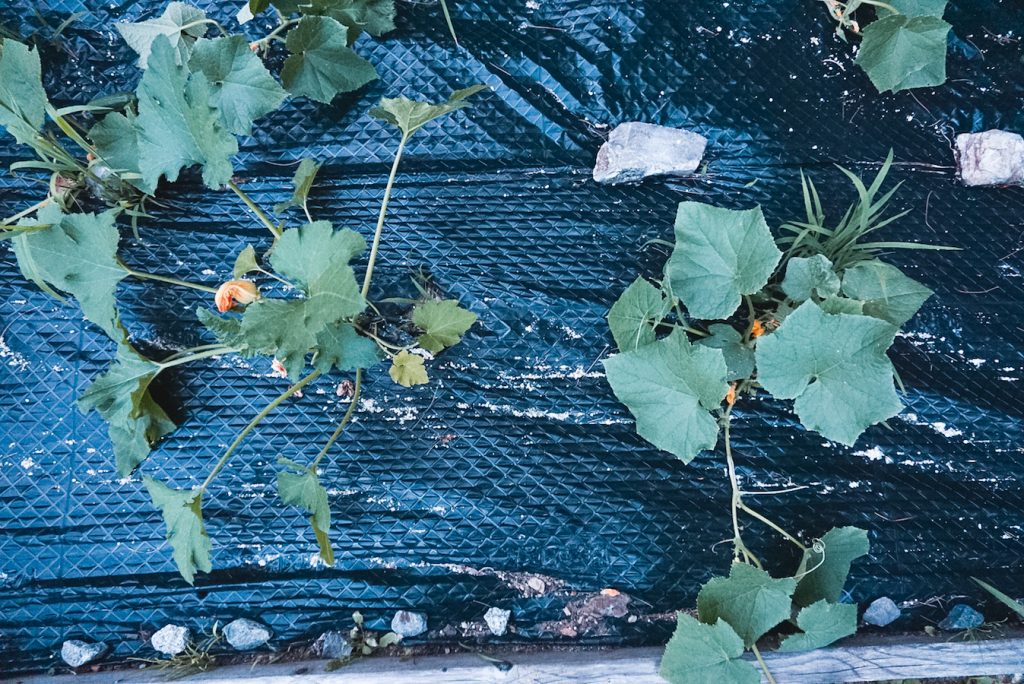
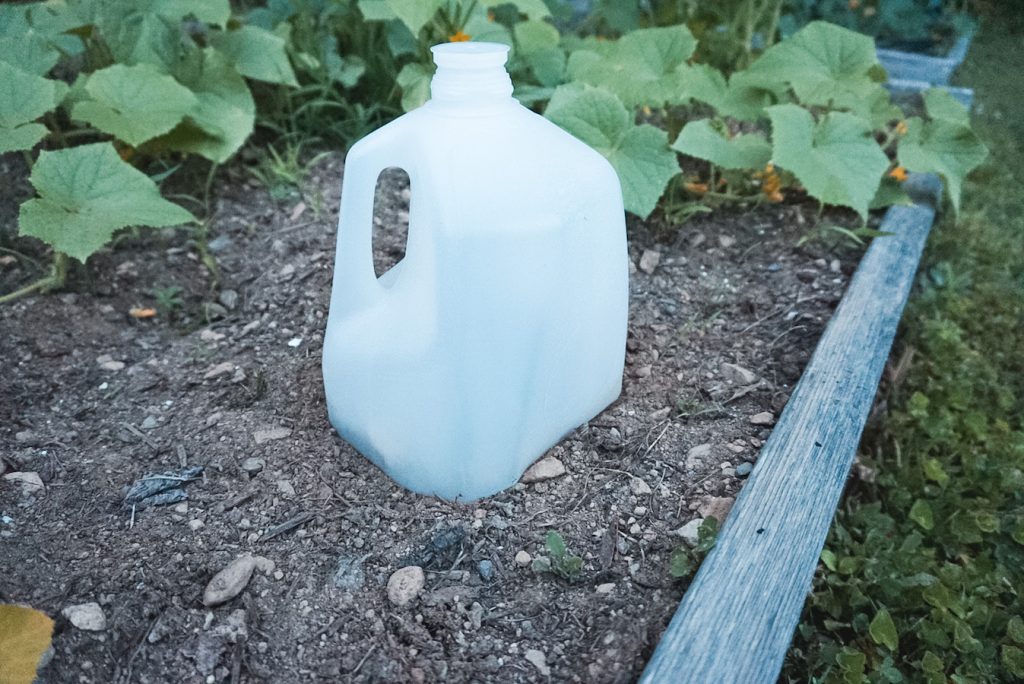
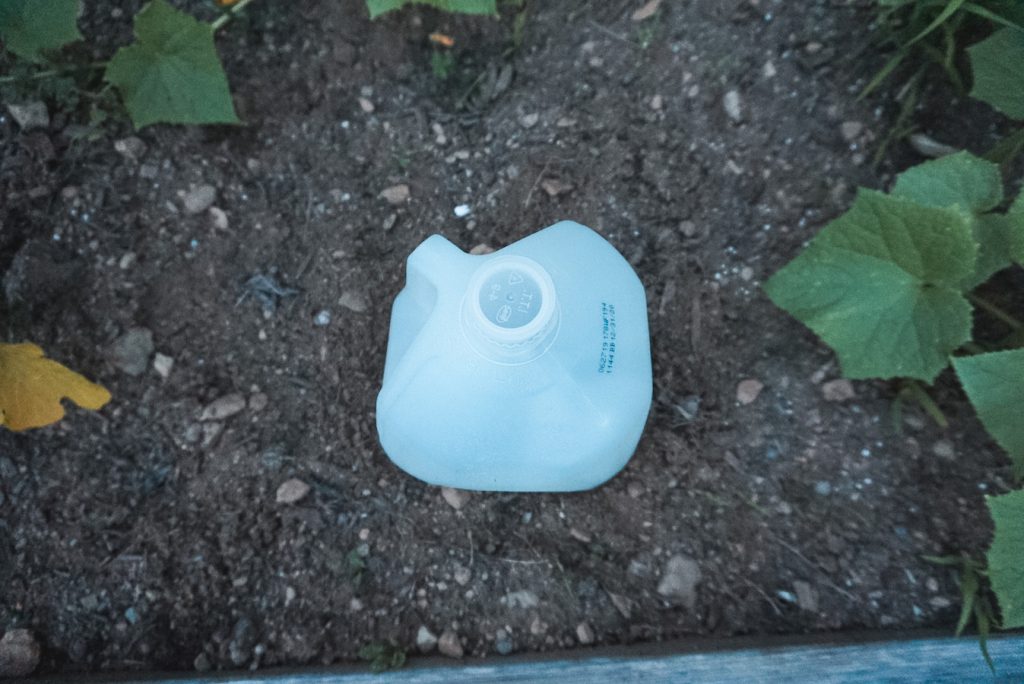
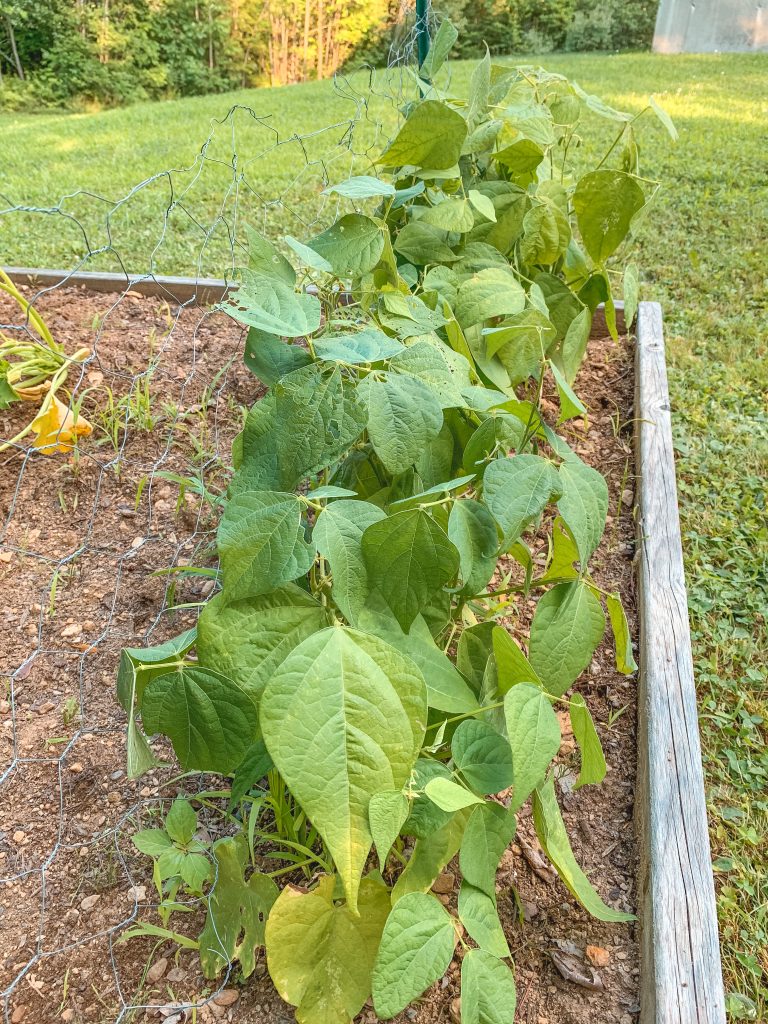
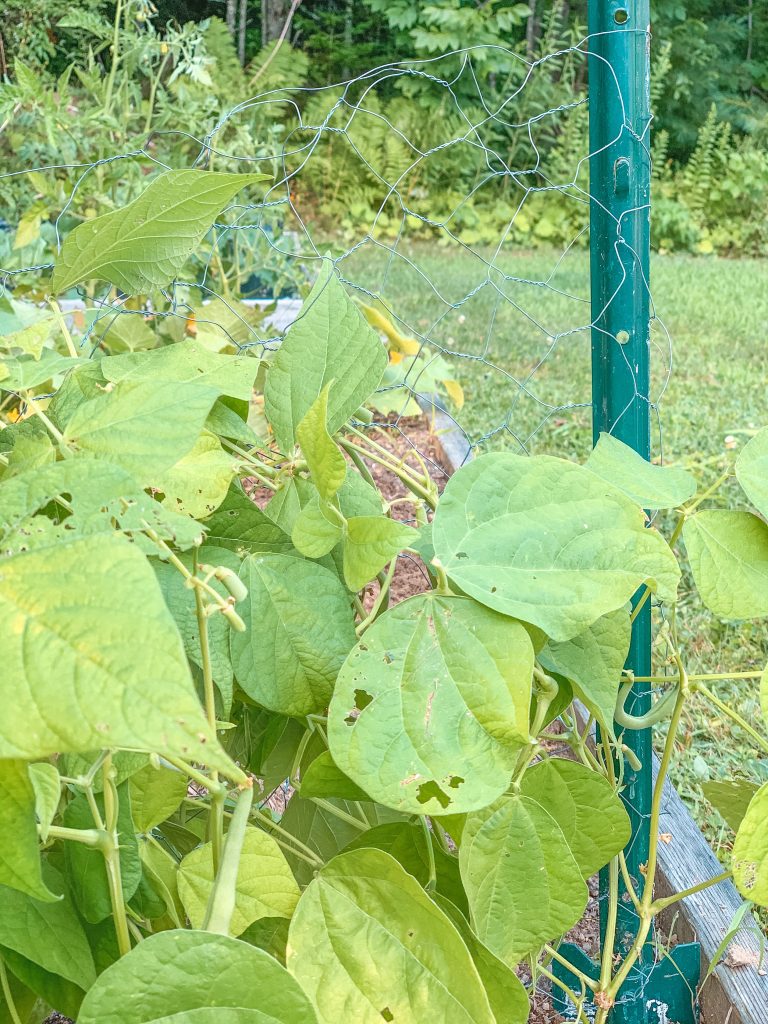


Leave a Reply